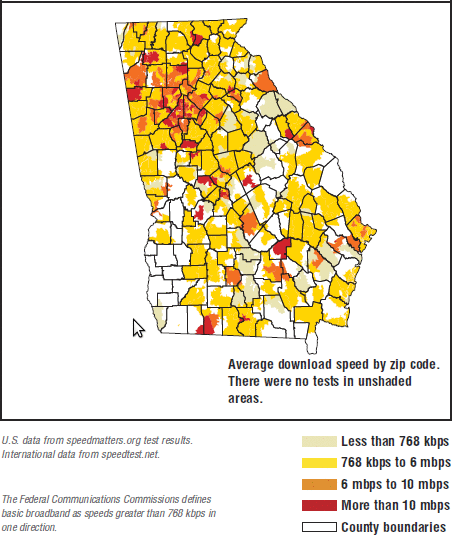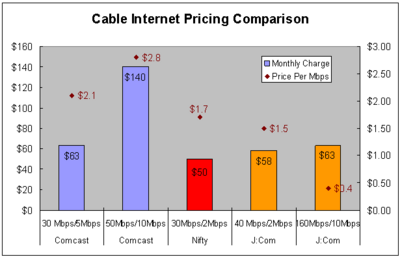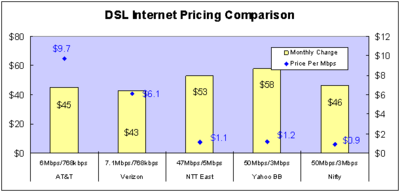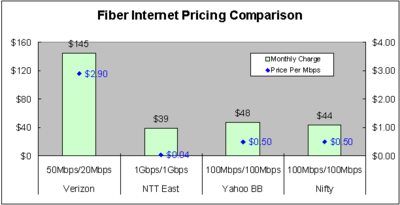The R.E.A. produced more than electricity. “Truly, Roosevelt endeared himself to Georgians”, and to the rest of rural America, making the rest of FDR’s New Deal much easier to sell. Read the rest of FDR’s speech: that’s exactly what he’s doing; using the R.E.A. t o sell the New Deal.It was Roosevelt himself who linked the country’s rural electrification program to his adopted hometown of Warm Springs, Ga. In an August 11, 1938, speech at Gordon Military College in Barnesville, Roosevelt spoke at the dedication of Lamar Electric Membership Corporation (now Southern Rivers Energy). His comments there immortalized the impact the president’s connection with rural Georgia had in illuminating the nation’s farms and country back roads. “Fourteen years ago, a Democratic Yankee came to a neighboring county in your state in search of a pool of warm water wherein he might swim his way back to health,” Roosevelt said before a crowd of 20,000 that summer day. “The place, Warm Springs, was a rather dilapidated, small summer resort. His new neighbors extended to him the hand of genuine hospitality, welcomed him to their firesides and made him feel so much at home that he built himself a house, bought himself a farm, and has been coming back ever since.”
Truly, Roosevelt endeared himself to Georgians. He continued his speech with the following words, which have been quoted countless times in promoting Warm Springs, the Little White House and Georgia’s EMCs: “There was only one discordant note in that first stay of mine at Warm Springs: when the first-of-the-month bill came in for electric light for my little cottage, I found that the charge was 18 cents a kilowatt-hour about four times as much as I paid in Hyde Park, New York. That started my long study of proper public utility charges for electric current and the whole subject of getting electricity into farm homes. So, it can be said that a little cottage at Warm Springs, Georgia, was the birthplace of the Rural Electrification Administration.”
We have a similar situation today with high speed Internet and rural America. Republicans controled Congress and the White House for 8 years and the U.S. fell behind. Democrats want to pass the equivalent of another New Deal. High speed Internet access everywhere would have the effect the R.E.A. had in the 1930s.
Plus more: the Internet is the printing press, the telephone, the telegraph, the radio, and the TV of the 21st century. Without it, people can’t even download the PDF of the CWA report that shows how far behind they are, much less YouTube, facebook, blogs, and access to diverse news sources throughout the world, not to mention the text of every bill in Congress and the voting records of every Congress member, as well as who their campaign contributors are. Those of us with Internet access take those things for granted.
Those without still mostly depend on one local newspaper and TV news for their information. Well, that plus chain emails for those who have dialup. With newspapers failing and TV news controled by a handful of companies, without the Internet there is no free press. Without a free press there is no democracy.
As FDR said in 1938:
Yes, electricity is a modern necessity of life (and) not a luxury. That necessity ought to be found in every village, in every home and on every farm in every part of the wide United States.The same is true of high speed Internet access in 2009.
We need high speed Internet access everywhere for economic progress, national competitiveness, and for democracy. And yes, since the Internet is a huge source of recipes, for mom and apple pie! In south Georgia, even for okra fritters! All the Internet you can eat: how’s that for a slogan?









